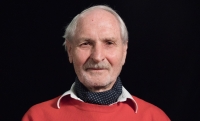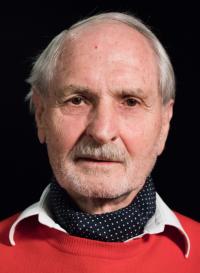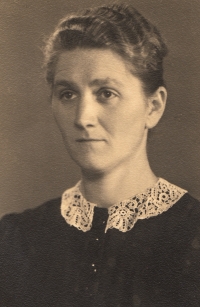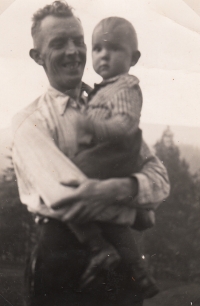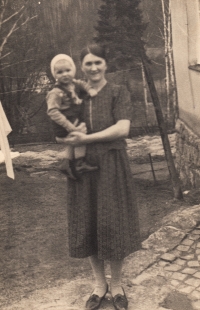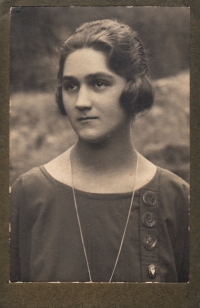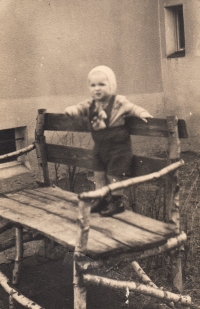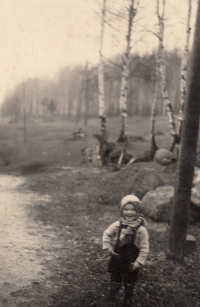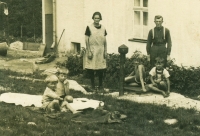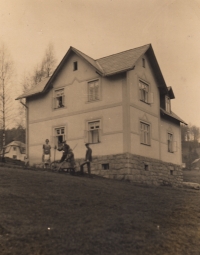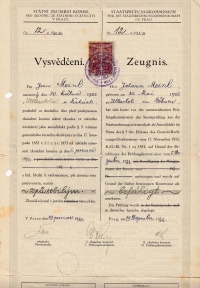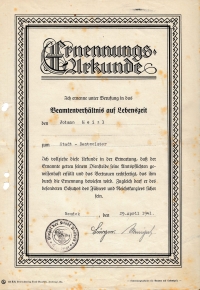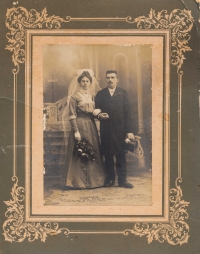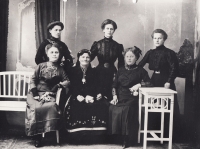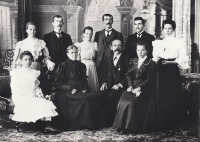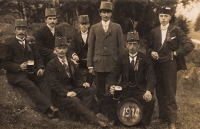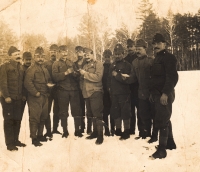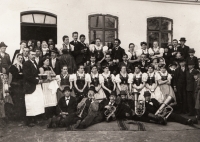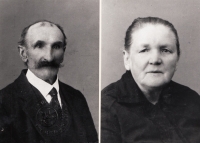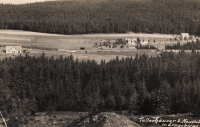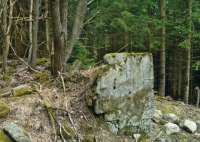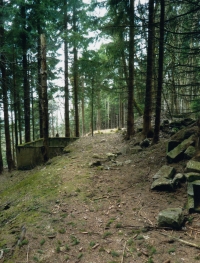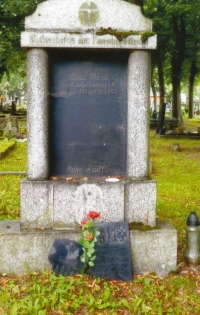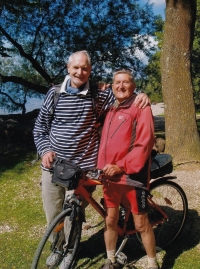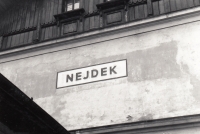We cannot delete history. It will reappear

Download image
Herbert Meinl was born on 4 April 1940 in Nejdek. His father was the municipal treasurer, his mother was a housewife. His sister Herta was fourteen years older. In 1946, shortly after Herbert’s sixth birthday, the family was forced to abandon their home in Nejdek and was deported to Burgau in Bavaria. Although her parents were well liked by their community, they struggled to adapt to life in their new country and were haunted by the traumatic loss of their original home for the rest of their life. After secondary school, Herbert earned his university degree in Munich and then started a lifelong career in aircraft construction. He lived in Munich, Berlin, Friedrichshafen. He had three children. But as he says, most of the time he felt like a lone wolf, a man who has nowhere to call home. This strange emptiness within him was finally somewhat relieved in the 1990s, when he visited his family’s native region. He has returned to Nejdek regularly since then. He is also connected to the place through his friendship with Hanuš Hron, a Holocaust survivor who lives in Nejdek.
